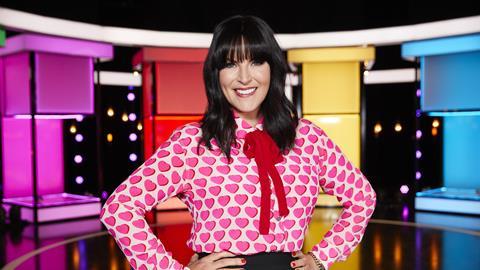The ecology of public service broadcasting has to evolve, but debate must be open and honest
Things are about to get very political in telly, as the question of how much people should pay for the BBC coincides with a debate over whether public service broadcasting should exist at all.
The latter sounds almost unthinkable, but the DCMS has used punchy, even provocative, language to kickstart deliberations on both topics. Its stance requires scrutiny.
Culture secretary Oliver Dowden announced negotiations over the level of the licence fee by suggesting “a growing number of viewers feel harangued or ignored” by the BBC, but the source of this information, how big the number actually is, and how fast it is growing, are not clear.
Similarly, his new advisory panel will ask “really profound questions” about the role of PSBs in the future, including “whether we need them at all”.
The identity of the ‘we’ in this sentence needs exploring – does Dowden mean the public, the TV industry or the current government? If it’s the former, then it’s hard to overlook viewers’ obvious appetite for PSB content: informed estimates suggest more Brits watched ITV’s Des in the seven days after TX than any Netflix original drama ever, in a comparable window.
The PSB system has served up amazing content over many decades. It has been key to the burgeoning success of the UK creative economy and has boosted Britain’s standing around the world. So it’s hard to believe we are set to hear proposals for a system without public service broadcasting that does all those things more effectively.
That is not to say that the status quo is the best option. The broad tenets of PSB have not evolved much since the Communications Act 2003, yet the industry undoubtedly has.
PSBs understand that embracing streaming is a necessity rather than an option and are pushing hard for a reimagined version of prominence in the online world. They are desperate to secure that and very happy to continue to fulfil their public service obligations, rather than seeking to shrug off any licence or remit requirements.
“If public service broadcasting has worked so well in the past, it makes sense to reshape it to do the same in the future, rather than leaving it behind”
I suspect most of the debate will centre on Channel 4. The prospect of privatisation is back (again) and plenty of old arguments will be rehashed. But the options are not binary – we don’t have to choose between the absolute status quo at Horseferry Road or selling off the broadcaster to the highest bidder, with no strings attached.
C4 has been vocal about its robustness during the crippling Covid crisis, and it does appear to have weathered the storm financially as the ad market bounces back. It is simply not true that it is about to collapse.
But C4 is a small domestic operator in a global market, and an IP-less organisation in an industry that is increasingly warehousing rights. It is better to evolve now, from a position of stability, than wait for it to be genuinely imperilled.
C4 appears to acknowledge the need to change, and is making a major strategy update on the day this issue of Broadcast is published (we’ll analyse its vision in next month’s edition). I hope it is bold, and is considering more meaningful PSB partnerships, a more radical approach to streaming and a reimagined rights position that is in line with how different the indie community is now, compared with the fledgling sector of decades ago.

Whatever its proposals, the debate around C4 and the rest of the PSB sector must be open, honest and seek to serve both the British public and UK plc.
Public service broadcasting has worked so well in the past, it makes sense to reshape it to do the same in the future, rather than branding it anachronistic and leaving it behind.
- Chris Curtis is the editor-in-chief of Broadcast






























No comments yet